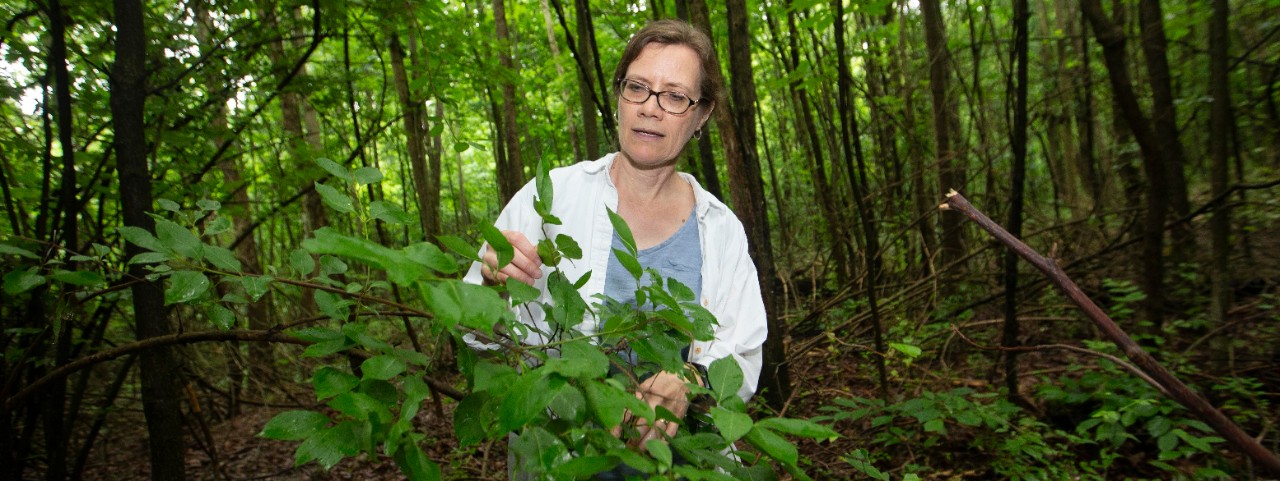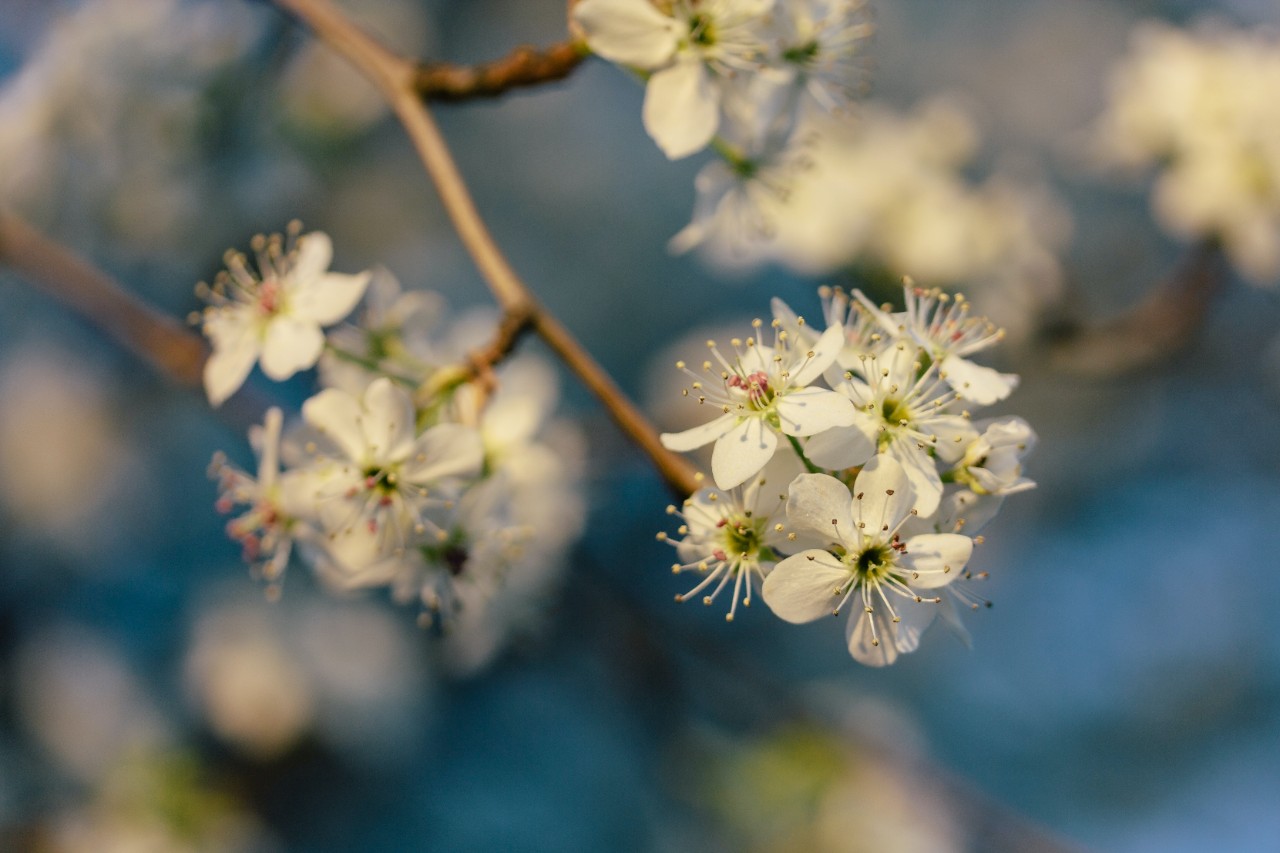
WLWT: Why Bradford pear is now banned in Ohio
UC biologist Theresa Culley explains how Callery pear trees are growing wild across Midwest
WLWT-Channel 5 turned to University of Cincinnati biology professor Theresa Culley to explain how Ohio banned the sale of an invasive tree this month to protect native forests.

Ohio is the first state to ban the sale of Callery pear trees. Photo/Troy Jarrell/Unsplash
Ohio was the first state in the country in 2023 to ban the sale of Callery pear trees, an ornamental that sprouts white flowers in the spring. The trees, which include Bradford pears, for years were a popular choice for landscapers and nurseries.
The pear trees started growing wild in forests and open spaces across the Midwest. But when a sterile variety was crossed with other varieties to make them more hardy, they began taking over forests from Michigan to Georgia.
The trees in 2018 were placed on Ohio's invasive species list, starting the clock for landscapers, growers and nurseries to replace their inventories. South Carolina and Pennsylvania have also passed bans that will take effect soon.
Featured image at top: UC biology professor Theresa Culley stands in a grove of wild-growing Callery pear trees in Cincinnati's Harris Benedict Nature Preserve. Photo/Joseph Fuqua II/UC
More UC Biology in the News

UC biology professor Theresa Culley serves on the Ohio Invasive Plants Council. Photo/Joseph Fuqua II/UC
- The Columbus Dispatch: Ohio's ban on Callery pear trees now in effect
- WDTN-2News: Ohio officially prohibits Callery pear tree
- Landscape Business: Ohio outlaws ubiquitous pear trees
Related Stories
UC expert explains butterfly migration in new Apple TV show
April 20, 2023
UC College of Arts and Sciences biologist Patrick Guerra has a cameo in the new Apple TV series "Jane," a children's show co-created and inspired by Jane Goodall.
WLWT: Why Bradford pear is now banned in Ohio
February 14, 2023
WLWT-Channel 5 talks to a University of Cincinnati biology professor about Ohio's ban on the sale of Callery pear trees. Ohio hopes to protect native forests from the invasive trees.
WVXU: UC finds pollution in ancient Maya reservoirs
August 6, 2020
A study by experts across disciplines at UC found that ancient Maya reservoirs in Tikal were polluted with toxic cyanobacteria and mercury, which likely hastened the demise of the ancient city during droughts. UC biology professor David Lentz tells Cincinnati Edition the findings could help explain the mystery of why people abandoned the city.
